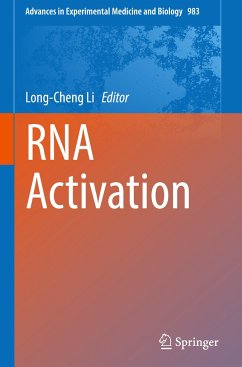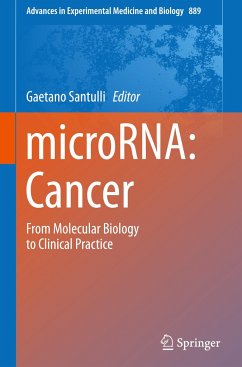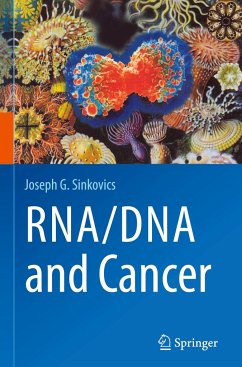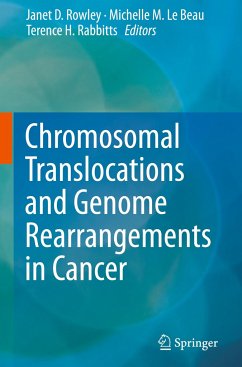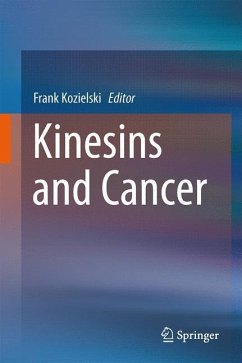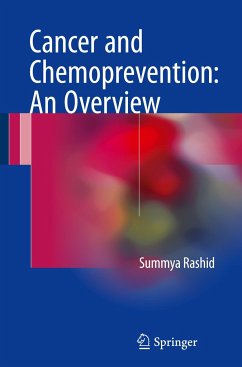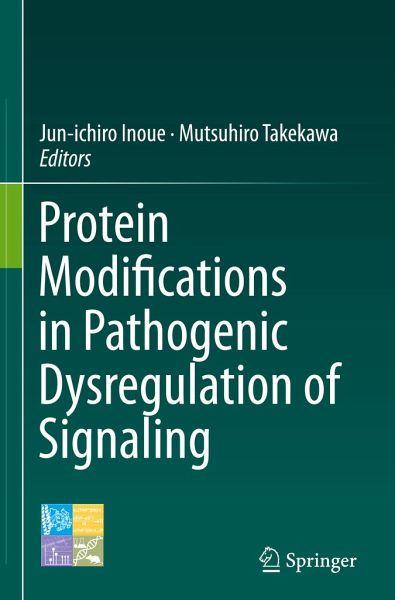
Protein Modifications in Pathogenic Dysregulation of Signaling

PAYBACK Punkte
57 °P sammeln!
This book is devoted to recent advances in analysis of the molecular basis and dynamics of post-translational modifications (PTMs) of proteins for a comprehensive understanding of their key roles in cell signaling networks and diverse biological processes, and their perturbation in a variety of life-threatening diseases such as cancer and inflammatory diseases. The book includes research regarding PTMs and methods of their investigation derived from interdisciplinary collaborations between leading scientists in the fields of molecular, medical, proteomic, structural, and mathematical biology. ...
This book is devoted to recent advances in analysis of the molecular basis and dynamics of post-translational modifications (PTMs) of proteins for a comprehensive understanding of their key roles in cell signaling networks and diverse biological processes, and their perturbation in a variety of life-threatening diseases such as cancer and inflammatory diseases. The book includes research regarding PTMs and methods of their investigation derived from interdisciplinary collaborations between leading scientists in the fields of molecular, medical, proteomic, structural, and mathematical biology. This book consists of four sections. The first part focuses on recent advances in procedures for analysis of PTMs and cell signaling. The second part is devoted to mathematical simulation of signal transduction pathways and of the formation of protein complexes in living cells. The third part deals with structural and functional analyses of proteins involved in the regulation of PTMs and cell signaling. The fourth part describes cutting-edge findings regarding critical signal transduction pathways and their dysregulation in human diseases. This book is aimed at both established scientists and students in various fields of biology including molecular, cellular, structural, proteomic, and mathematical biology. Readers can access cutting-edge research and methodologies in their own field as well as interdisciplinary research that impacts on their field. The book can function as a reference for pharmaceutical scientists, biomedical researchers, and clinicians for the development of molecular-targeted therapy of human diseases.





